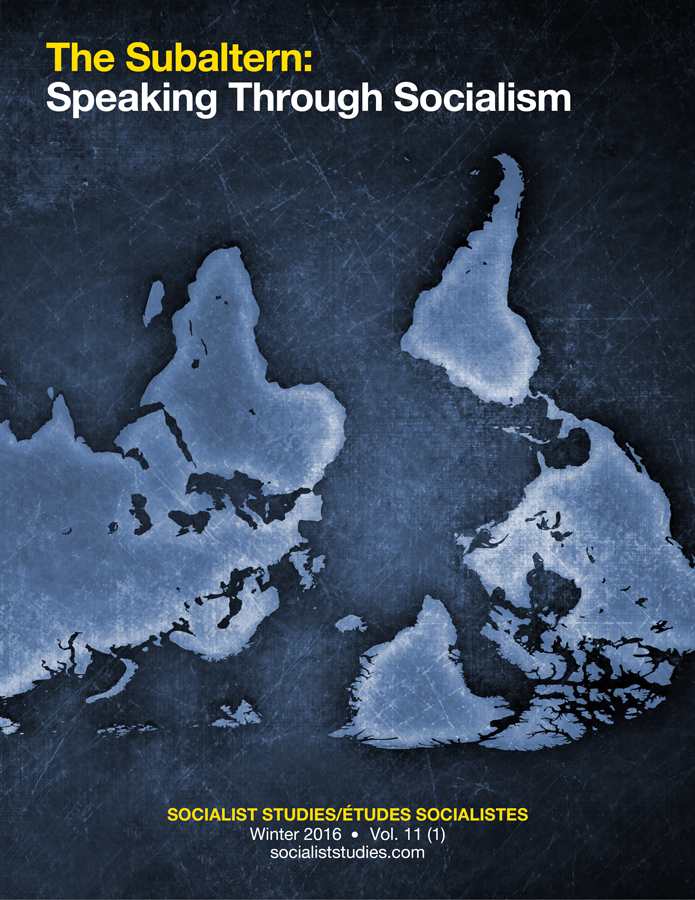Historical Materialism and Alternative Food: Alienation, Division of Labour, and the Production of Consumption
DOI:
https://doi.org/10.18740/S4JK5KKeywords:
food sovereignty, foodie culture, alienation, division of labour, production, consumption, socialism, food systemsAbstract
This article takes food issues in both the advanced capitalist and developing worlds, as well as discourses and struggles that have developed in response to them, as a point of departure. The exposition begins with a description of food sovereignty movements and their successful struggles. Third-world campaigns for food security are inspiring cases of resistance, of struggle for disalienation. The focus then shifts to the problems with the contemporary North American diet, and the ‘foodie’ response to the epidemic of poor eating and resulting poor health.Foodie culture as it has developed in the advanced capitalist world has severe limitations, particularly in regards to its treatment of gender and class. Yet it also contains important messages about meaningful human interaction with nature in the form of food procurement and preparation. The analysis developed here strives to go further than a critique of the distribution and availability of foodstuffs in the contemporary capitalist economy. The aim is to understand contestations over both the production and consumption of food in terms of some key categories of Marxist philosophy. It is argued that using the concepts of alienation, division of labour, and production of consumption can strengthen the case for food sovereignty while also mounting a critique of foodie culture that nonetheless preserves its constructive insights. More specifically, this means that an exploration of the relationship between the division of labour and alienation can demonstrate the negative consequences of industrially produced foods, while affirming the necessity of alternative forms of food production and consumption. Everywhere and in different ways, capitalism alienates humans from their species-being. This paper argues that this fact is particularly evident with regards to the industrial food system. However, just as food can be a site of oppression, so too can it be a locus of struggle against capital.
Downloads
Published
Issue
Section
License
Copyright: Authors who publish in the Journal agree to the following terms: 1)Authors retain copyright and grant the Journal the right of first publication with the work simultaneously licensed under a Creative Commons Attribution License that allows others to share the work with an acknowledgement of the work's authorship and initial publication in the Journal; and, 2)Authors are able to enter into separate, additional contractual arrangements for the non-exclusive distribution of the Journal's published version of the work (eg post to an institutional repository or publish it in a book), with an acknowledgement of its initial publication in the Journal.






